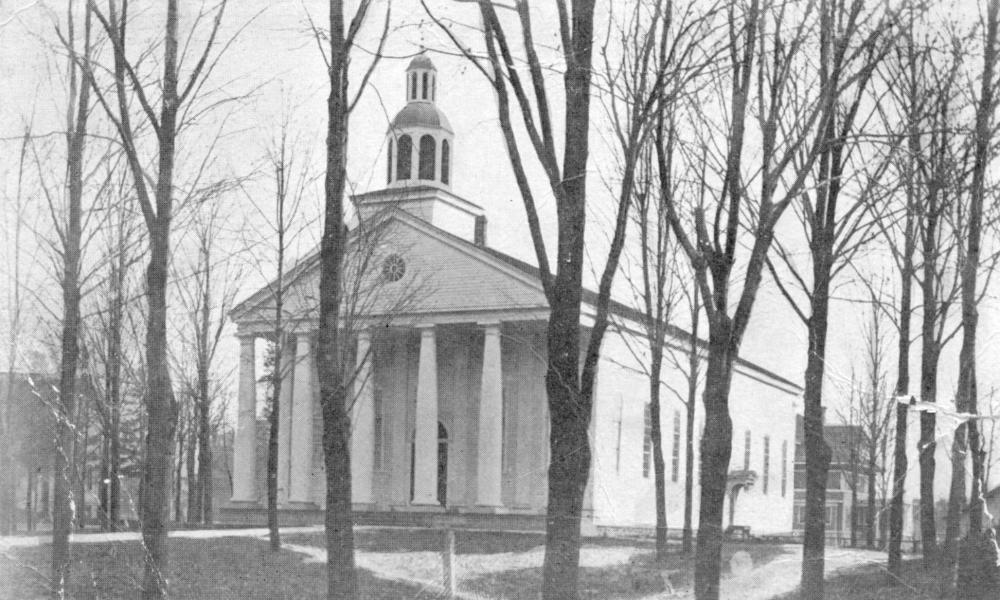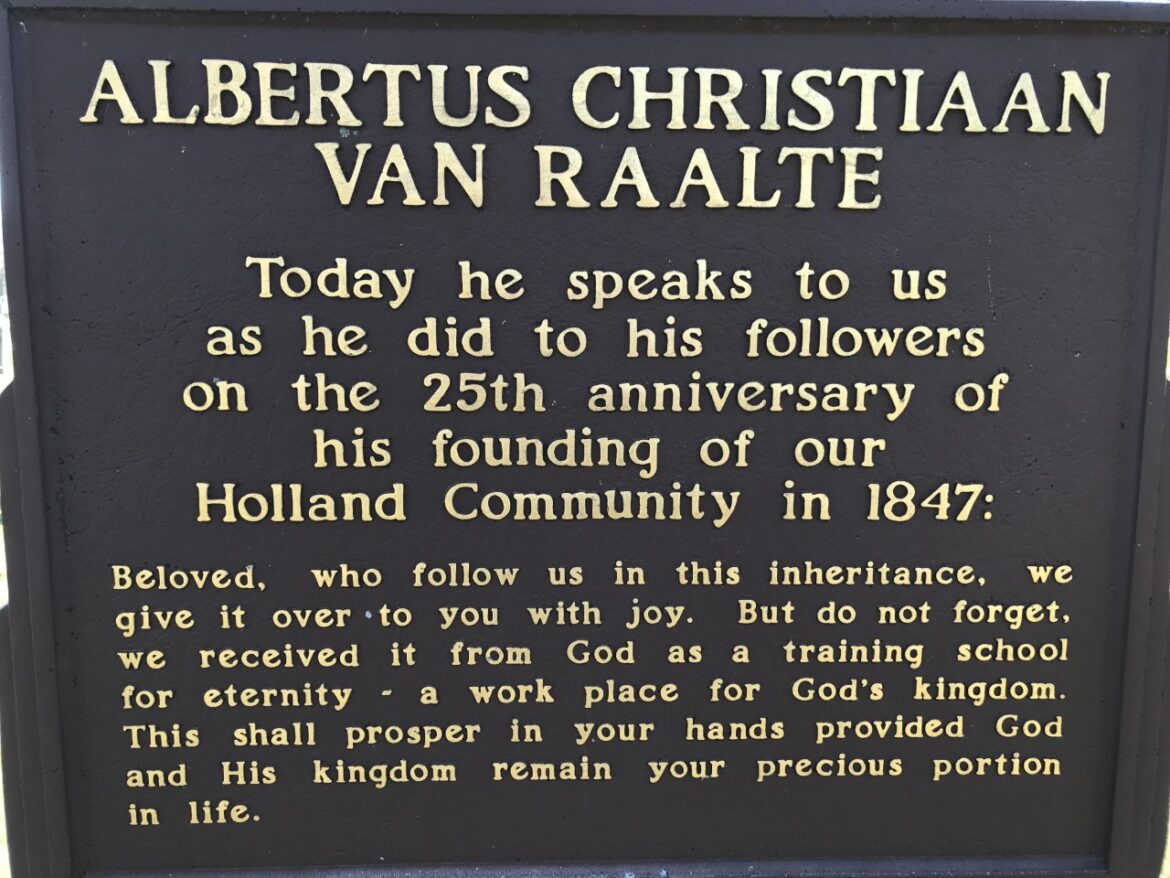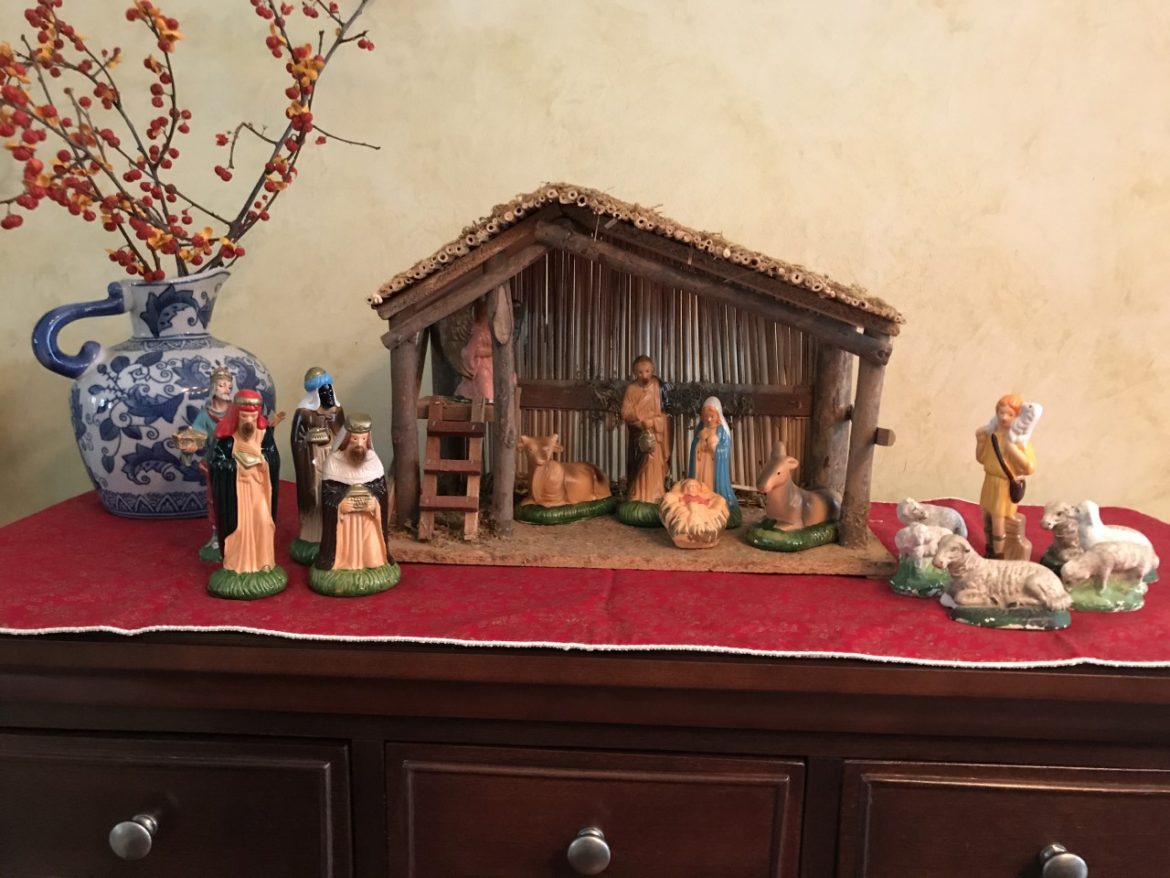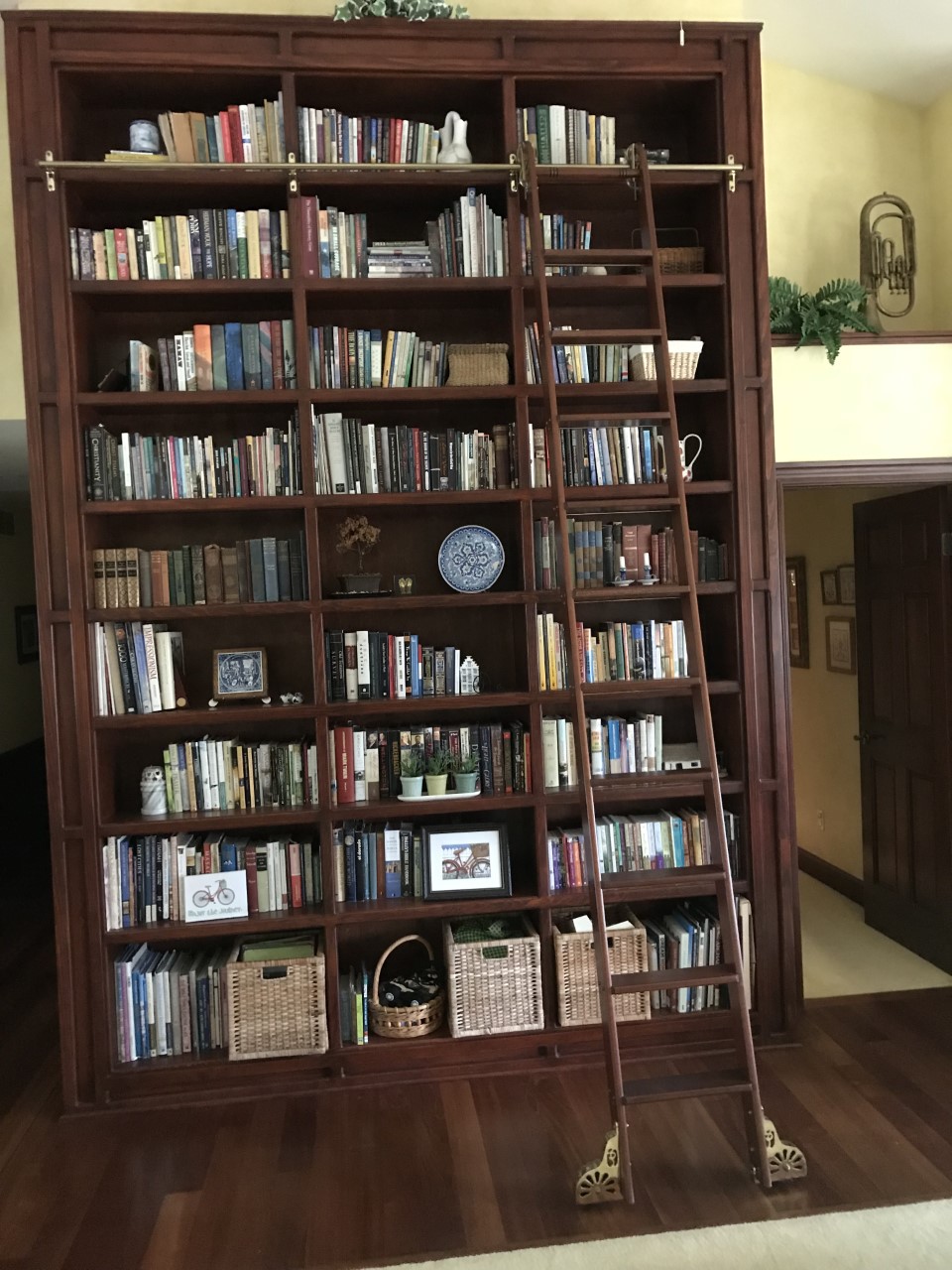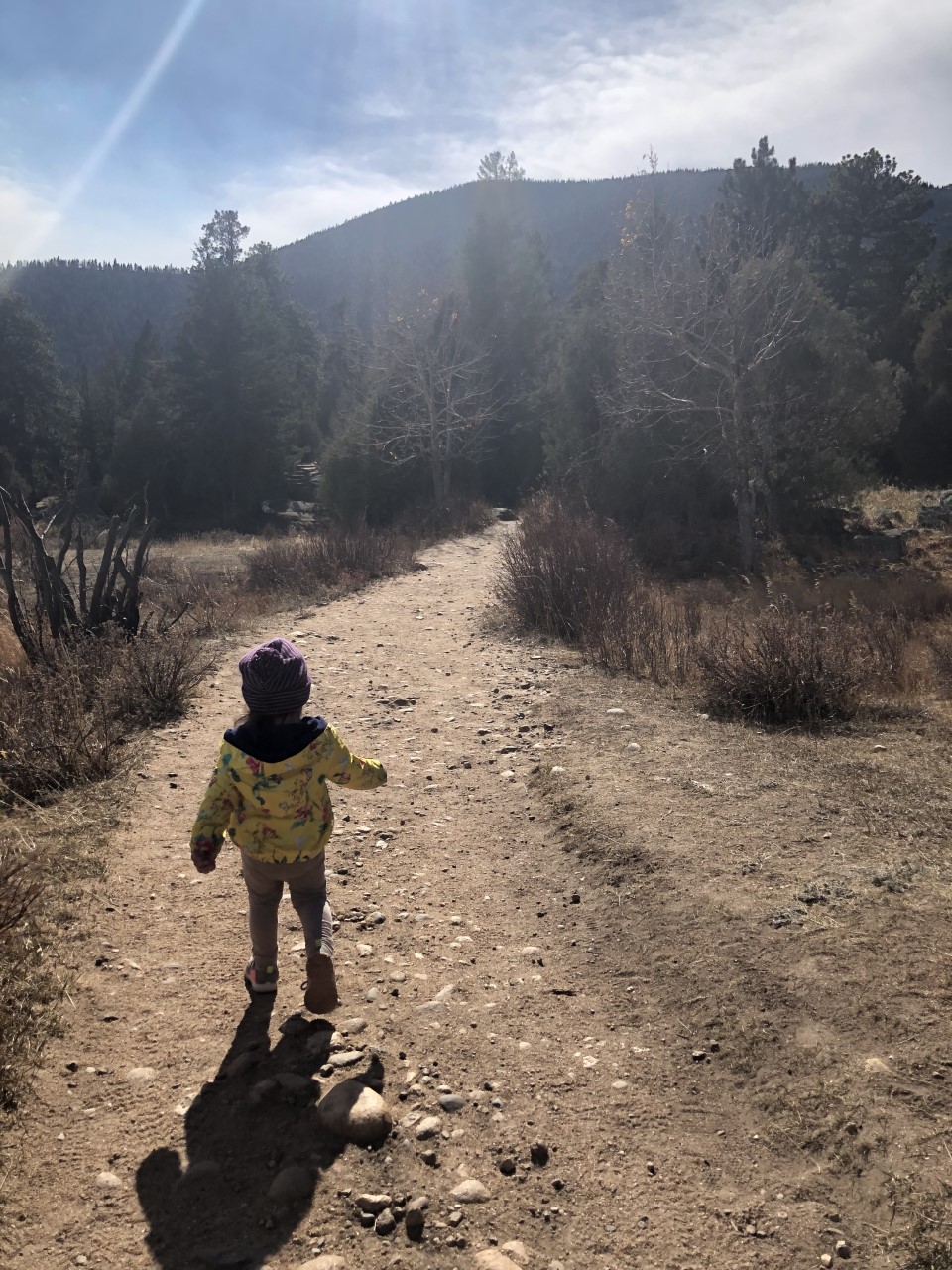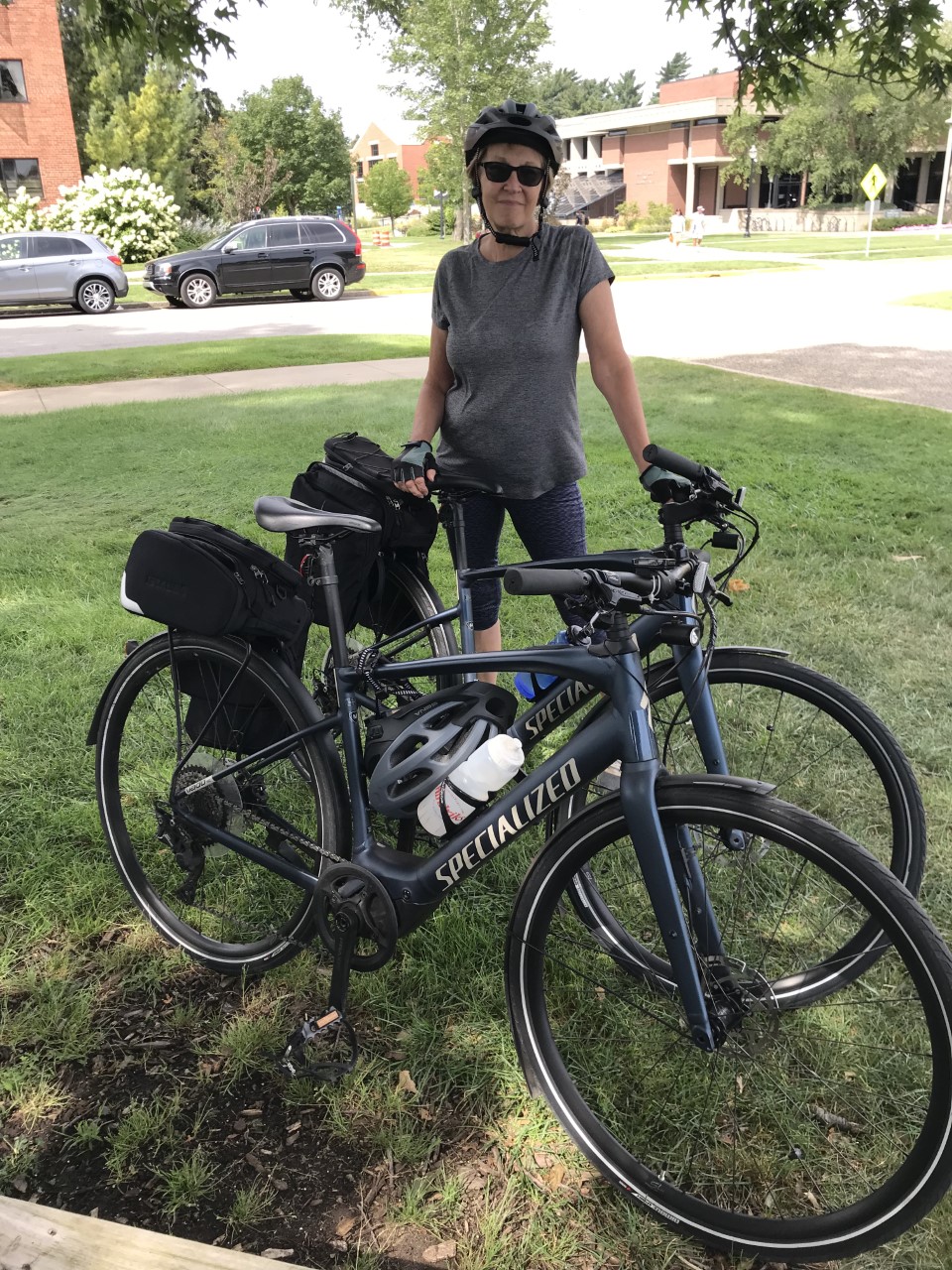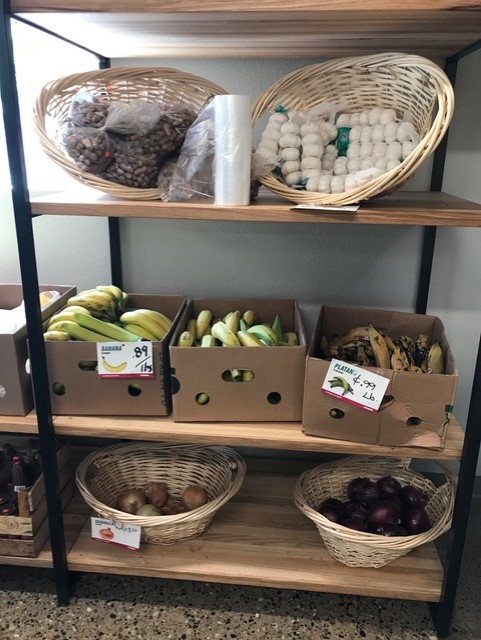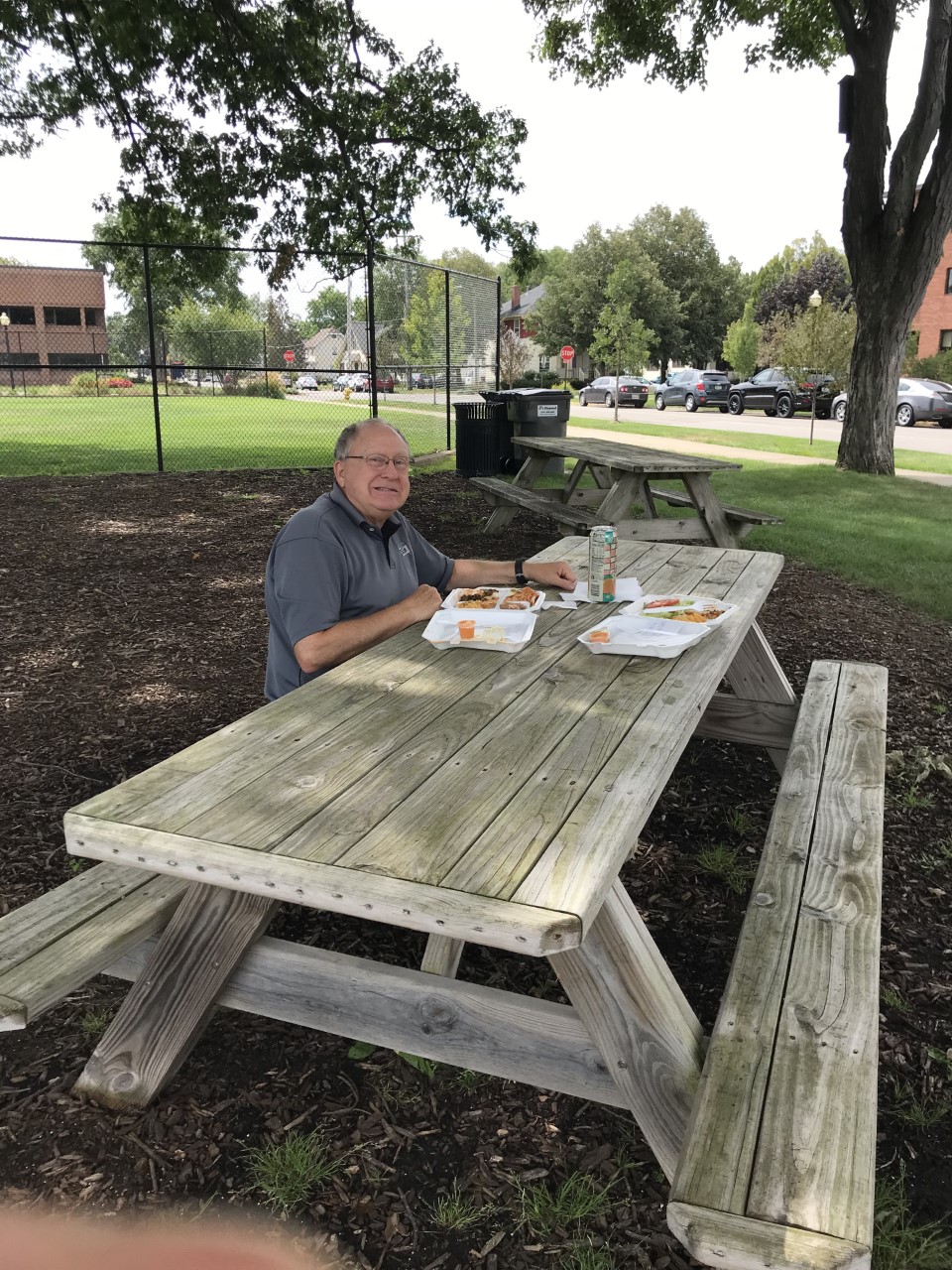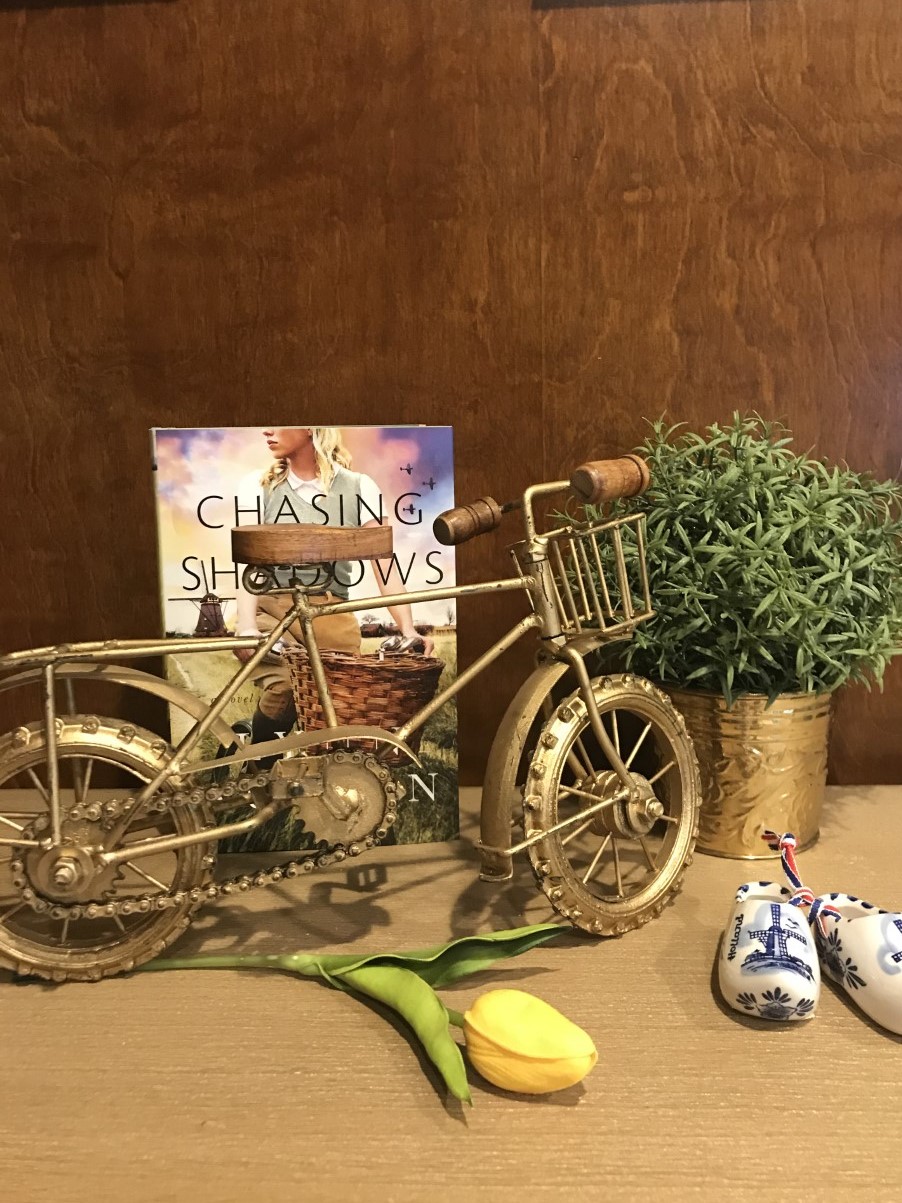Welcome to the Family
The frigid January day was a memorable one for our family. With the final “bang” of the judge’s gavel, our son Joshua became Aiden’s father. My husband and I became Aiden’s grandparents. The court proceeding made it official, but we have loved this wonderful boy from the day we first met him and his amazing mom, Sara. Joshua had wanted to adopt Aiden ever since he and Sara married nearly two years ago, and the paperwork was finally complete. I had tears in my eyes as Joshua promised to support, raise, and love Aiden as his own son. The judge allowed Aiden to “bang” the gavel to complete the process. Welcome to our family, Aiden!
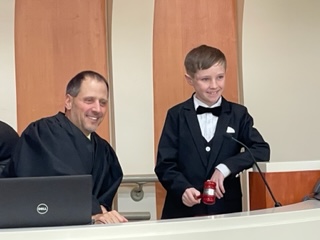
I have been reflecting on adoption a lot, lately. My upcoming novel, “All My Secrets,” includes the story of a woman who is forced to surrender her child for adoption. The novel takes place in New York City during the Gilded Age, a time when the very wealthy lived in excessive opulence—and the city’s orphanages overflowed with unwanted children of all ages. Some of these children had lost their parents due to their deaths, some were abandoned by them, and many were simply turned over by parents who were unable to support them. Many more unwanted children lived in the streets, surviving as best they could. In 1890, photographer Jacob Riis stirred the nation’s conscience when his book “How the Other Half Lives” published his heartbreaking photos. This is one of his famous ones.
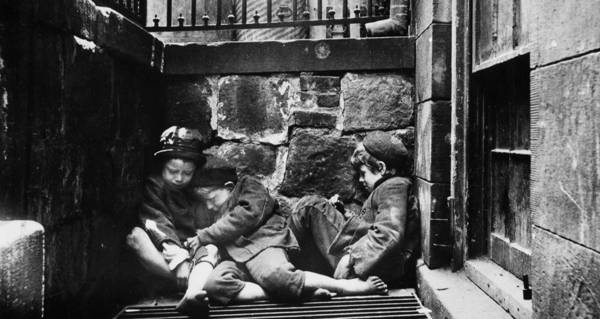
After Aiden’s adoption, I also began noticing the theme in scripture. The Westminster Catechism says that “Adoption is an act of God’s free grace,” granting us “all the privileges of the sons of God.” Just as Aiden now has legal rights and privileges as Josh’s son, we have privileges as the children of the God. “For He chose us in Him before the creation of the world to be holy and blameless in His sight. In love, He predestined us to be adopted as His sons and daughters through Jesus Christ…” (Ephesians 1:4-5). I can’t take that in, can you? And the love our family feels for Aiden is just a fraction of the love God has for us.
Ken and I were excited to visit Aiden’s school on Grandparent’s Day. I’m thrilled when he calls me “Grandma.” And I believe God wants that same kind of loving relationship with us. Romans 8 says we “have received the Spirit of sonship. And by him we cry, Abba, Father. The Spirit himself testifies with our spirit that we are God’s children. Now if we are children, then we are heirs—heirs of God and co-heirs with Christ…” Aiden is now listed as an heir in our will. But I can barely conceive of the inheritance that is mine as a child of God!

This Father’s Day will be Joshua’s first one as a dad. He paid the costs that were involved in Aiden’s adoption process—court fees, lawyer’s fees, and so on. But our adoption into God’s family cost Our Heavenly Father the greatest price of all—His son, Jesus. Can we even fathom the enormity of His love? As we remember and honor our earthly dads this year, I hope I can grasp the importance of our adoption by our loving Heavenly Father. Welcome to His family, child of God!
(One more thing: If you would like a sneak peek at the cover of “All My Secrets,” be sure to go to my website www.lynnaustin.org and subscribe to my monthly newsletter. I will be revealing the cover in June’s newsletter.)
- 2321
- 22
- 0






